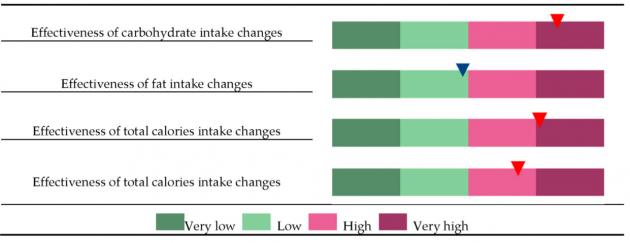A research team from Samsung Medical Center said they uncovered genes related to diet and developed the country’s first customized weight maintenance model based on genes.
The team led by Dr. Kim Jin-ho from the Samsung Genome Institute found genetic mutations related to obesity could change the degree of obesity of an individual.

The study, which examined about 8,800 Koreans who participated in a large-scale cohort KoGES study, uncovered the relationship between the degree of genetic mutations related to obesity and the weight loss that occurs with diet and exercise.
Findings showed a total of 100 genetic mutations that affect diet with 37 related to carbohydrates, 19 to fat, and 44 to overall calories. Results also showed a total of 25 genes were related to weight loss due to exercise.
Overall, the research showed that people should follow the different lifestyle and dietary habits based on their genetic makeup and gene combinations. The researchers classified individuals into four “dietary types” for them to follow based on their genes: the low-carbohydrate diet type, low-fat diet type, low-calorie diet type, and the exercise type.
The types indicate that it may be harder for people who belong to the low-carbohydrate diet group to see benefits from exercise if they continue eating carbohydrates, SMC said. The findings are expected to benefit individuals who have difficulty losing weight even if they follow the standard rule of eating less and exercising more, it added.
“The range of using gene information utilization has been increasing and now includes solving obesity, which has long been a problem of modern people. If people know the right diet method for them, they may be able to reach their goals faster even if it is difficult,” said Park Woong-yang from the research institute.
The findings were published in the international journal Nutrients.

